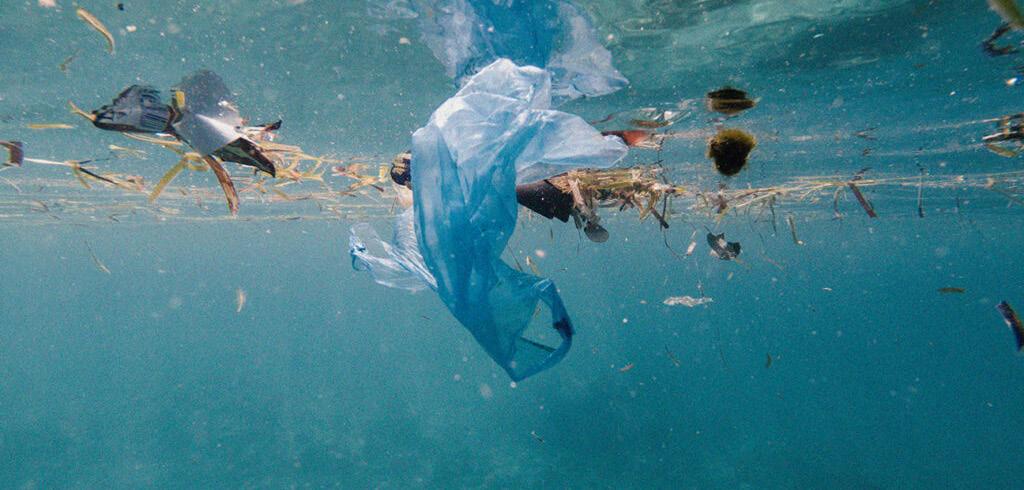
3 minute read
Steloy Foundries Stewarts & Lloyds IFC
technology can help reduce nitrogen in effluent and decrease energy consumption at wastewater treatment plants. A pilot study conducted by Xylem, a global charitable foundation, and a coastal water utility in Northern Europe, used digital twins and predictive analytics to help optimize the utility’s wastewater collection and treatment. "A digital twin is a digital replica of a device or product that can be modeled to use in simulation or prediction of behavior,” she said during her presentation. “Digital twins can represent assets from the physical world and the digital world. Digital twins can empower wastewater system operators to make datainformed decisions and prioritize actions that matter most to the communities they serve – environmental sustainability, resilience, and ocean health.”
Using “Sense, Predict, Act” to make informed decisions
Advertisement
The project used the approach of sense, predict and act. In the sense phase, a broad spectrum of data – including historical data, sensor data, and data about weather patterns – is brought together in one centralized platform. In the predict phase, the data is analyzed using digital twins of the collection and treatment systems. Thousands of simulations are run using machine learning. In the active phase, the operator is guided by recommendations from the digital twins to optimize processes. These include recommendations about how to best use available wastewater collection storage and recommendations about the optimal aeration needed during treatment.
Reducing nitrogen in effluent by optimizing flows and processes
The pilot study found that when hydraulic peak flows into the wastewater treatment plant are reduced, by storing collection system flows, and when aeration at the wastewater treatment plant is reduced, based on predictive analytics, total nitrogen loads in the effluent can be reduced. "At the coastal utility in northern Europe, we saw some really amazing results," Dr Birt said. “By leveraging digital twins in the wastewater collection and treatment systems, we were able to demonstrate potential reductions of nitrogen in the effluent by 30 percent and reductions in aeration energy usage by 17.5 percent. "Our team envisions a world where utilities are empowered to make decisions on nutrient management that achieves both economic and environmental benefits, receiving oceans show significant water quality improvements, and all people can live in a healthier ecosystem," she said. "This will transform utilities and how they manage and operate the maintenance of their wastewater networks."
Xylem, makingwaves@xyleminc.com, www.xylem.com
Most advanced foundry group in South Africa





Steloy Foundries is specialist in the supply of as-cast and machined components for pumps and valve castings manufactured in stainless steels, nickel-based corrosion resistant alloys, carbon steels and low alloyalloy steelssteels forfor applicationsapplications wherewhere severe corrosion, high pressure and high or cryogenic temperatures are prevalent. Castings are produced at Steloy Foundries, all of which have access to centralised solidification analyses and modelling (Solidworks) andand CNCCNC patternmakingpatternmaking capabilities.capabilities. All components are produced in accordance with the relevant ASTM, DIN EN and SEW specifications and conform to applicable NACE specifications.













